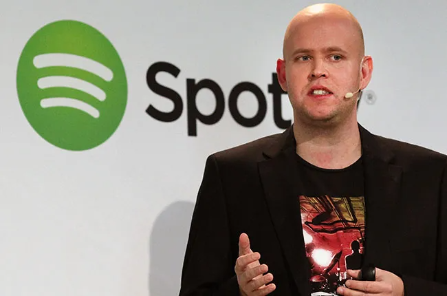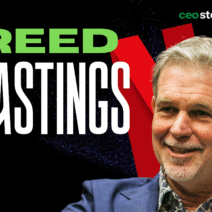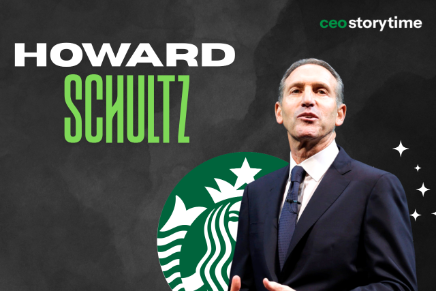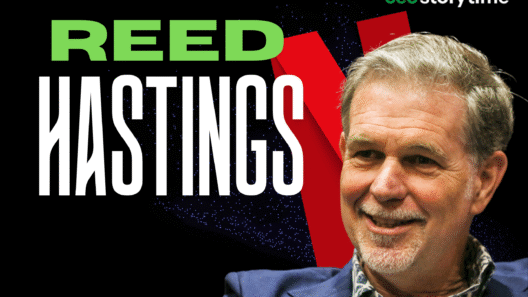When Daniel Ek co-founded Spotify in 2006, the music industry was under siege.
Napster was gone, but piracy wasn’t.
CD sales were collapsing.
iTunes was charging per download — and people were losing interest.
Artists were frustrated. Labels were desperate.
Listeners? Caught in the middle.
And into this chaos walked a quiet Swedish engineer with a radical idea:
What if you didn’t need to own music to love it?
Ek imagined a future where people didn’t buy songs — they accessed them.
Instantly. Legally. Seamlessly.
Where discovery wasn’t manual — it was magical.
That vision became Spotify.
At first, it seemed like just another streaming app.
But under the hood, it was a machine-learning marvel.
Spotify didn’t just give you playlists.
It learned your habits.
Understood your moods.
Predicted what you might love before you even pressed play.

Discover Weekly wasn’t just a feature.
It was a statement:
We know you. We get you. Let the music find you.
But Ek didn’t stop at the user side.
He built dashboards for artists.
Launched Spotify for Artists to give musicians something the industry rarely offered: control.
Real-time data. Fan insights. Global reach.
It wasn’t just analytics — it was empowerment.
When podcasts began gaining momentum, Spotify didn’t sit on the sidelines.
Ek doubled down.
Exclusive deals. Original content. Acquisitions.
Spotify wasn’t just a music app anymore.
It became the home for all audio.
That pivot wasn’t smooth.
Critics worried it diluted the brand.
Audiophiles hated compression.
Artists argued about royalties.
And yet — Spotify grew.
Because Ek wasn’t chasing quarterly wins.
He was building an ecosystem.
One that served creators and listeners.
One that scaled personalization without losing soul.
He believed that music wasn’t a commodity.
It was context. Emotion. Memory.
And Spotify’s job wasn’t just to deliver it — it was to understand it.
Today, Spotify sits at the center of how the world experiences sound.
Not just because it scaled fast.
But because it listened deeper.
Daniel Ek didn’t disrupt the music industry.
He rebuilt its relationship with the listener.
From piracy to personalization.
From ownership to access.
From noise to meaning.
One stream at a time.





I like how real and thoughtful this post was. It made me reflect a bit too. Keep it up!
This was a great read — simple, honest, and well-written. Always nice to come across blogs like this.
Really appreciate that! I try to keep things real and easy to follow — thanks for reading!
Really enjoyed reading this! It felt personal but also super easy to relate to. Looking forward to more posts like this.
Thanks a lot! Glad it connected with you — I’ve got a few more posts lined up, so stay tuned!